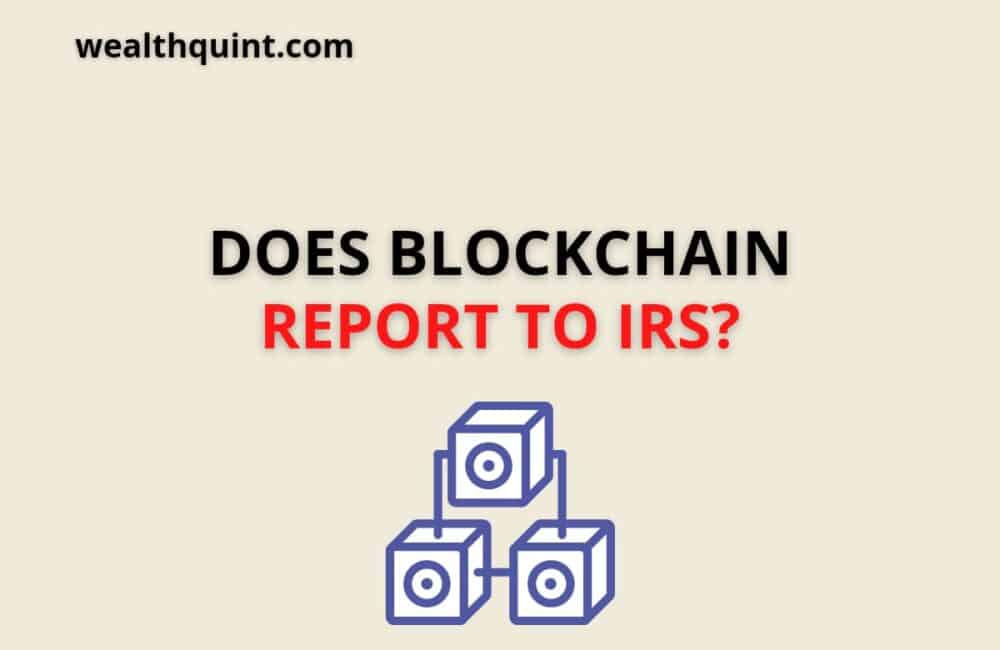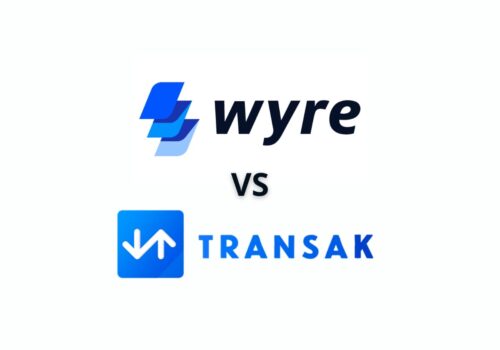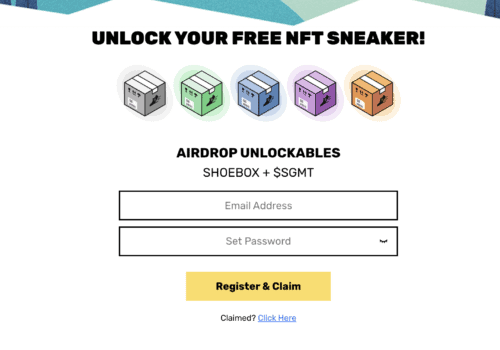When it comes to Blockchain technology, it is a fact that it is based on its nature, speed, safety, and cost-efficiency. A blockchain is nothing but a digital ledger that helps people record any transaction, private or public.
Although some major changes in the crypto tax regulations were noticed in a few years, the responsibility is still on everyone to manage their profits and losses.
It has been found that the IRS is now more concerned about cryptocurrency tax reporting these days. And of course, you would never want to lose your hard-earned money as well as time.
So, let’s understand whether Blockchain reports to the IRS or not and how cryptocurrencies get done with tax reporting.
Does Blockchain Wallet Report To IRS?
YES, All the cryptocurrencies that are stored in blockchain wallets are completely taxable and taxpayers have to report to IRS.
As everyone has a bit of knowledge about Blockchain, it is a distributed database consisting of different cryptocurrencies, be it Bitcoin, Ethereum, etc. Now, you must be wondering if the blockchain wallet reports to the IRS or not!
According to the IRS, all the cryptocurrency holdings stored in a blockchain wallet are no less than the personal ‘properties’ you pay taxes on. From buying gold to investing in stocks, you are always required to pay some taxes. The same is the case with Blockchain.
But yes, if you just bought cryptocurrency by using the U.S. dollar and it remained untouched for some time, you don’t need to take stress for the tax reporting at all.
If you are wondering what events you need to report are, let’s understand:
- When you trade one cryptocurrency for the other
- When you use cryptocurrency to purchase products and services
- When you sell cryptocurrency to get fiat dollars
How Do You Report Crypto Taxes?
You need to ensure that you stay within the rules. Let’s go through to understand a bit more:
You need to find out the records of the currency’s market value at the time you bought it and the time when you sold the same. With the help of this information, it will become easier for you to calculate the taxes.
Well, it is also not so easy to find out that information. If you buy and sell stocks, then the broker you used will provide you with Form 1099-B, clearly showing all the transactions properly.
But when it comes to crypto, you may not get it. This is because people don’t have much idea about paying taxes. But due to many changes implemented in the market, the federal government will ask crypto brokers to provide the forms from 2023.
A Form 1099-K may be given if you’re executing more than $20,000 transactions and 200 exchanges every year.
Yet, the two circumstances must be met, and many individuals may not be involving Bitcoin or other digital forms of money multiple times in a year. Regardless of whether you pass these boundaries, notwithstanding, you owe a charge on any profit.
While not paying taxes on your benefits may be an innocent slip-up, don’t anticipate that the IRS should accept the same.
The IRS might not have the assets to come after each individual who neglects to unveil digital currency exchanges. Yet, “that doesn’t imply that individuals can easily avoid paying taxes since they don’t think the IRS will learn about it.
The individuals who do not follow the lax laws properly can be liable to punishments, audits, or even indictments.
Final Words
This article must have helped you understand everything about Blockchain and its IRS reporting. You might know nothing about the government’s duty ramifications of digital currency in the Blockchain.
Be that as it may, the IRS doesn’t acknowledge your unawareness as a reason for the inability to conform to burden rules at all. It is essential to have point-by-point records.
You can decide your crypto exchanges’ government annual expense outcomes with this data.




